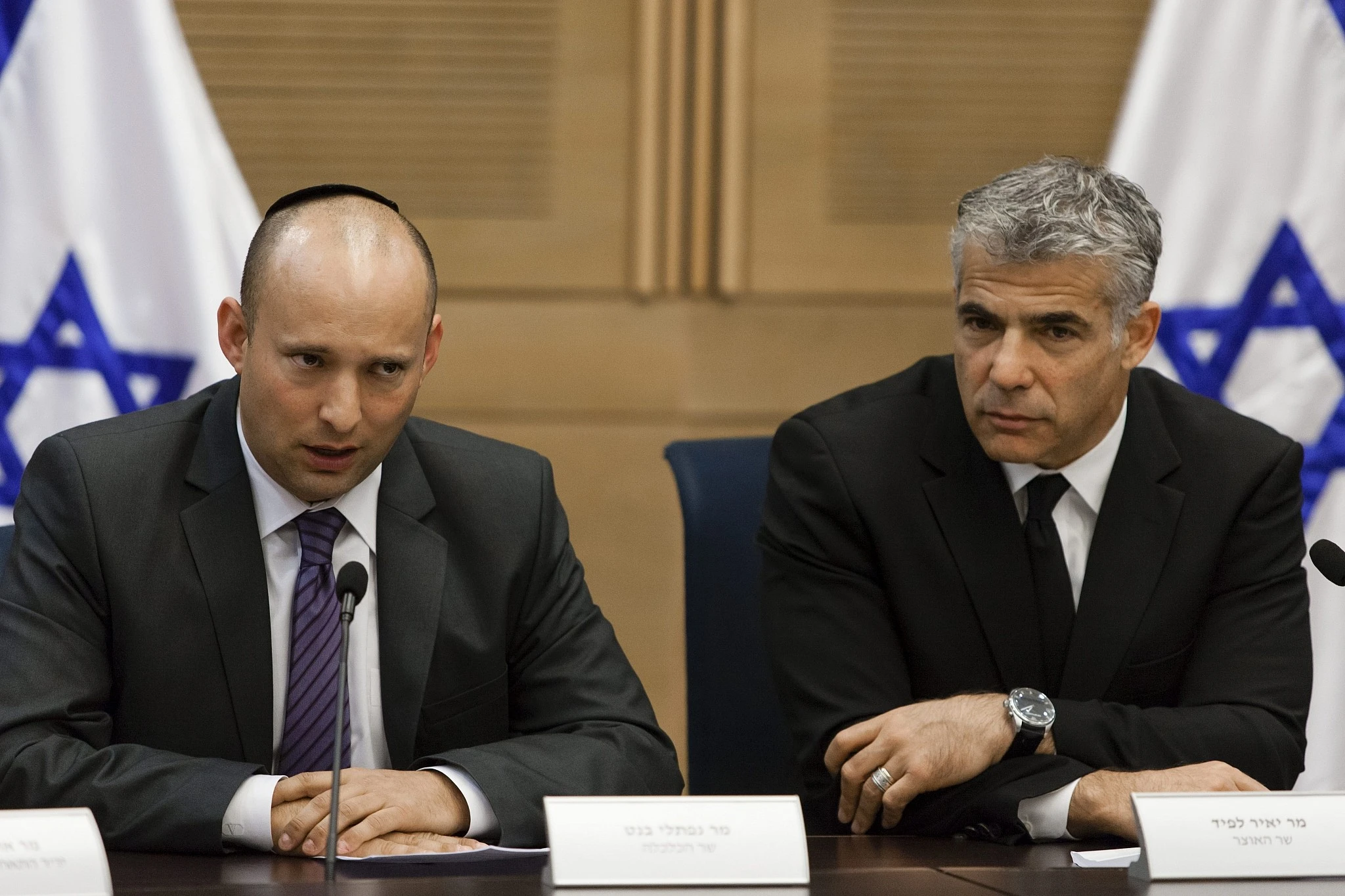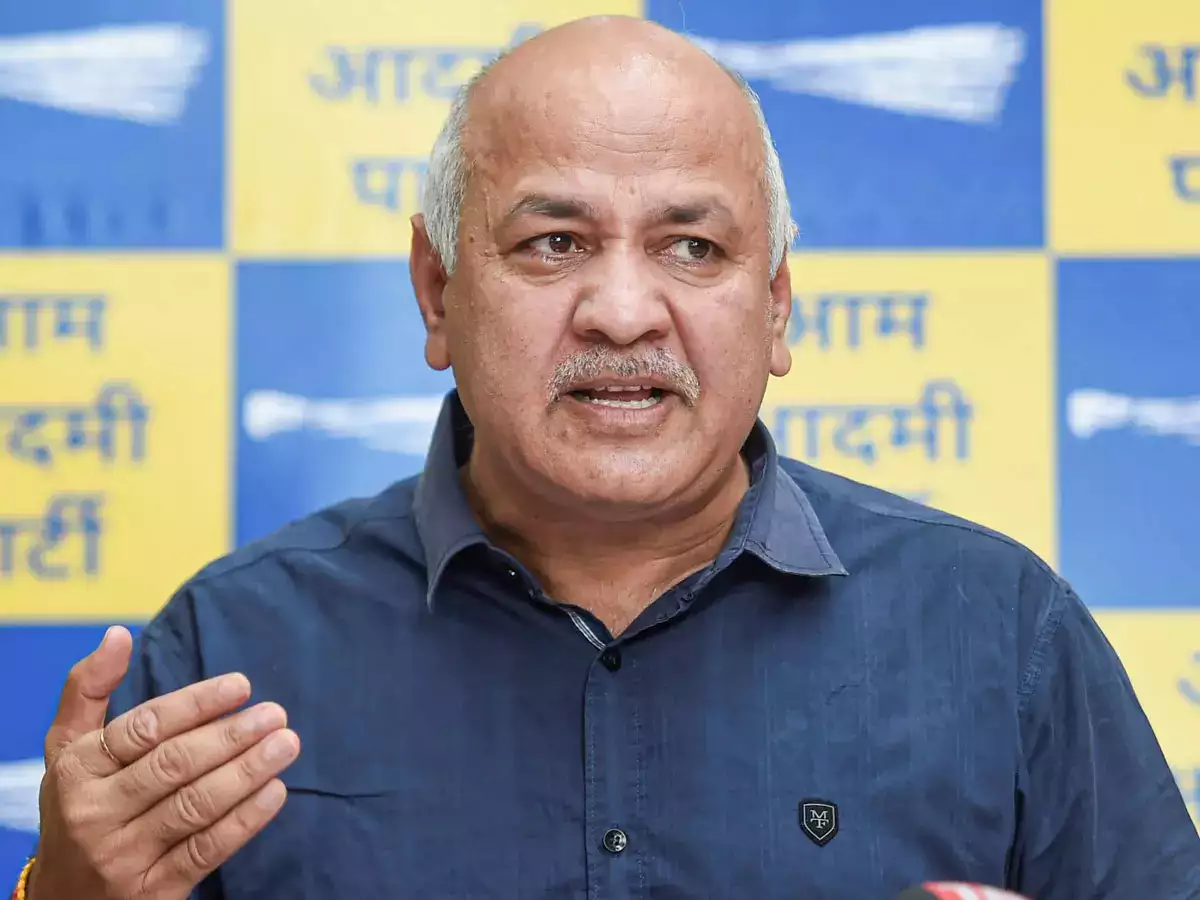Israel’s newly formed coalition government has announced that it will dissolve parliament and call fresh elections.
This major decision is made in wake of the defection of two members of the coalition, causing the party to lose its majority in parliament.
Led by Naftali Bennett, the coalition included a diverse array of parties, from dovish factions that support an end to Israel’s occupation of lands captured in 1967 and claimed by the Palestinians, to hard-line parties that oppose Palestinian statehood. The party also made history by including the first independent Arab party to join an Israeli governing coalition. Most parties have little in common apart from a shared desire to oust Benjamin Netanyahu.
Unfortunately, this ideological diversity was also the coalition’s undoing. Differences between the coalition’s two ideological wings; on one side the unrelenting pressure from Netanyahu’s right-wing alliance led two right-wing lawmakers to defect — removing the coalition’s majority in Parliament. When several left-wing and Arab lawmakers also rebelled on key votes, the coalition found it impossible to govern.
“We did everything we possibly could to preserve this government, whose survival we see as a national interest,” Mr. Bennett, 50, said in a televised speech. “To my regret, our efforts did not succeed,” he added.
The upcoming election will be Israel’s fifth in less than four years, placing the polarizing Netanyahu back at the centre of the political world.
“I think the winds have changed. I feel it,” Netanyahu declared. Throughout it all, Netanyahu is expected to remain on trial for corruption charges.
Under their coalition deal, Yair Lapid, who heads the large centrist party Yesh Atid, now becomes the interim prime minister until the election, in which he is expected to be the main rival to Netanyahu.
Lapid, a former TV anchor, and celebrity was the architect of the Bennett-led motley alliance that took office in June 2021, ending Netanyahu’s record 12 consecutive years in power and passing Israel’s first state budget since 2018.
Yohanan Plesner, president of the Israel Democracy Institute, said Monday’s developments were “a clear indication that Israel’s worst political crisis did not end when this government was sworn into office.”
Whether the fifth Israeli elections can secure a stable government is unlikely, but remains to be seen.
Also Read: World’s Largest Chocolate Factory Shut Down Due to Salmonella Outbreak
Keep watching our YouTube Channel ‘DNP INDIA’. Also, please subscribe and follow us on FACEBOOK, INSTAGRAM, and TWITTER.












